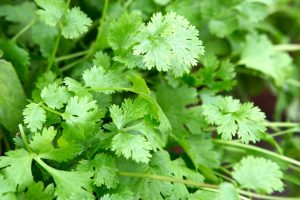The Food Standards Agency says Natural Instinct Ltd is recalling several dog food products containing duck because salmonella has been found in the products.
 Product details
Product details
Working Dog Duck
Pack size 1kg and 2x500g
Use by 08 January 2022 15 January 2022 22 January 2022 13 February 2022 20 February 2022 11 March 2022 18 March 2022
Pure Duck
Pack size 1kg and 2x500g
Use by 08 January 2022 15 January 2022 22 January 2022 13 February 2022 20 February 2022 11 March 2022 18 March 2022
Working Dog Puppy
Pack size 1kg and 2x500g
Use by 15 January 2022 22 January 2022 13 February 2022 20 February 2022 11 March 2022
Duck Carcass
Pack size Pack of 2
Use by 08 January 2022 15 January 2022 20 February 2022
Duck Necks
Pack size Pack of 6
Use by 15 January 2022 22 January 2022
Risk statement
The presence of Salmonella in the products listed above.
In humans, symptoms caused by salmonella usually include fever, diarrhea and abdominal cramps. Infected animals may not necessarily display signs of illness, but symptoms can include diarrhoea.
Action taken by the company
Natural Instinct is recalling the above products. Point of sale notices will be displayed in all retail stores that are selling these products. These notices explain to customers why the products are being recalled and tell them what to do if they have bought the product.
Natural Instinct recall notice(Opens in a new window)
Our advice to consumers
(Pet owners) If you have bought any of the above products do not use them. Instead, return them to the store from where they were bought for a full refund. When handling and serving raw pet food it is always advised to clean utensils and feeding bowls thoroughly after use. Consumers should wash hands thoroughly after handling raw pet food, bowls, utensils or after contact with the faeces of animals. Raw pet food should be stored separately from any food (especially ready to eat foods). Care should be taken when defrosting to avoid cross contamination of foods and surfaces.










